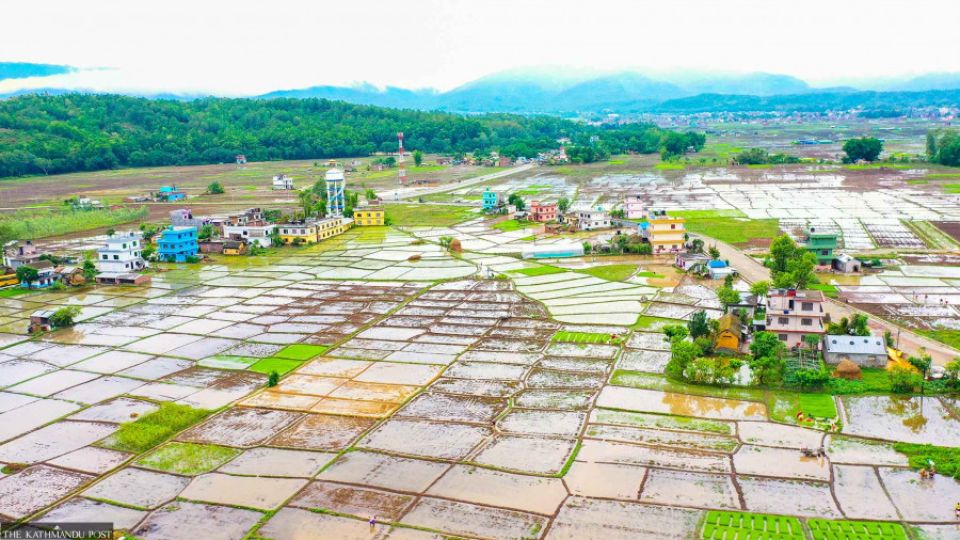August 23, 2022
KATHMANDU – The United States Agency for International Development (USAID) on Monday announced a $15 million [Rs1.9 billion] aid to Nepal as part of the recently announced $2.76 billion in US government funding to address the global food crisis.
The US Embassy in Nepal said in a statement that the funding would help protect vulnerable populations from the escalating global crisis worsened by Russia’s unprovoked war in Ukraine.
In Nepal, the supplemental funding will help ensure that people affected by rising prices and food shortages have enough to eat, the statement reads.
Nepal’s agriculture sector has not been performing well this year due to various reasons, and the ongoing fertiliser crisis fuelled by the Russia-Ukraine war could precipitate a disaster, experts have warned.
Officials have hinted that the scarcity this year could be more severe than ever before.
Chemical fertiliser has become a political commodity, and Nepali farmers have been plagued by repeated shortages when they need it the most, severely slashing their income and hitting the country’s economic growth which largely depends on farming.
US President Joe Biden pledged these additional US government food security resources during the June G7 Leaders’ Summit in Germany, which represents more than half of the resources that G7 leaders committed to addressing global food security at the Summit.
In Nepal, according to the statement, activities include supporting small farms to produce more food locally and households in need of food assistance. These funds will also support nutrition-enhanced food for children under the age of five and pregnant women.
Beth Hogan, acting USAID’s Nepal Mission Director, said, “With yields for rice, maize, and other important crops potentially falling due to the impending fertiliser shortage, this support will have broad implications for Nepal’s agriculture sector and its farmers.”
“This additional funding will primarily help Nepal produce more food to consume and sell, thereby increasing household food security and incomes,” Hogan said. “These impacts will be especially helpful among women, youth, and marginalised groups who have limited access to information, inputs, technology, and services.”
The statement said that USAID would be working closely with Nepal to invest these additional resources strategically so that they align with Nepal’s ongoing effort to combat food insecurity and meet the goal of sustainably reducing poverty, hunger, and malnutrition.
“This continues 75 years of the Nepal-US partnership and the ongoing health and food security assistance programmes,” the statement added.
The United States has provided nearly $7.6 billion in assistance to respond to the global food security crisis since the beginning of Russia’s war against Ukraine on February 24, the statement reads.


